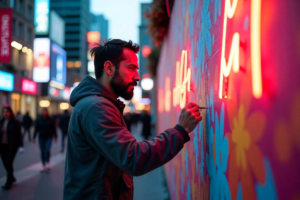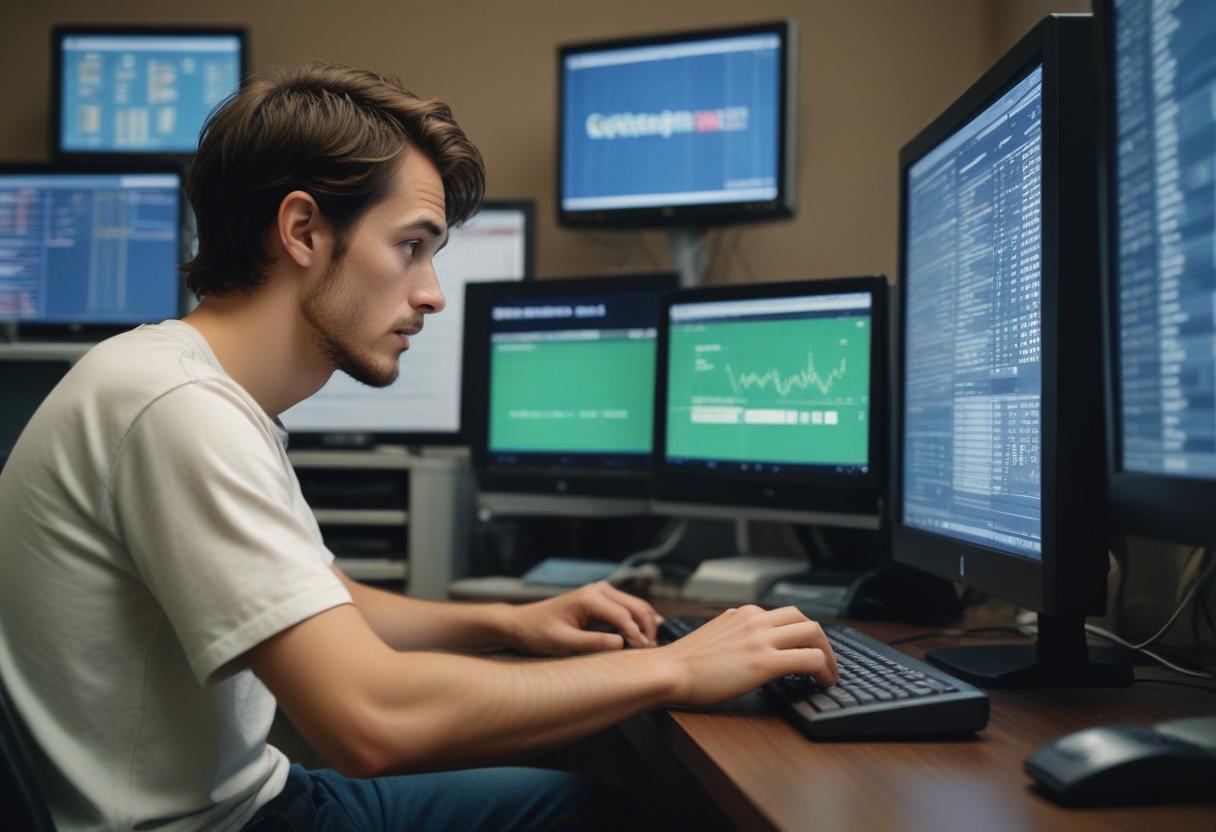OpenAI, a research organization focused on artificial intelligence, has revealed ongoing negotiations with publishers to establish new licensing agreements for the acquisition of articles. This undertaking is a crucial component of OpenAI’s strategy to obtain content for the training of its artificial intelligence models.
OpenAI recently inked a multiyear licensing deal with Axel Springer SE, a German multinational mass media company that owns Politico, involving a substantial sum in the tens of millions of dollars.
In July, OpenAI also revealed a licensing agreement with The Associated Press, an American not-for-profit news agency, for an undisclosed amount. These agreements are pivotal for OpenAI’s future, addressing the challenge of securing up-to-date and precise data for model development, especially amid growing scrutiny regarding the origins of such data.
“We are in the middle of many negotiations and discussions with many publishers. They are active. They are very positive. They’re progressing well. You’ve seen deals announced, and there will be more in the future.” said Tom Rubin, chief of intellectual property and content at OpenAI.
There has been some controversy involving the company as creatives, writers, and newspapers raise accusations against AI companies, claiming potential copyright infringements. Among the companies engaging in discussions with OpenAI, The New York Times has taken legal action by filing a lawsuit against OpenAI and Microsoft. The lawsuit alleges the unauthorized utilization of the publication’s articles.
In the event of The New York Times prevailing in the lawsuit, OpenAI might encounter significant financial obligations, potentially amounting to billions. Additionally, OpenAI may be obligated to undertake the intricate and expensive process of eliminating any training data that includes content from the newspaper.
Furthermore, renowned authors including David Baldacci, Jonathan Franzen, John Grisham, and Scott Turow have initiated legal proceedings against OpenAI and Microsoft in a Manhattan court. Their assertions suggest that AI systems may have integrated tens of thousands of their literary works.
As OpenAI seeks to acquire content for training its AI models, the organization is in negotiations with publishers amid allegations of copyright infringement. These claims pose a challenge to OpenAI’s business and contribute to the intricacies of deal-making within the media industry.
















